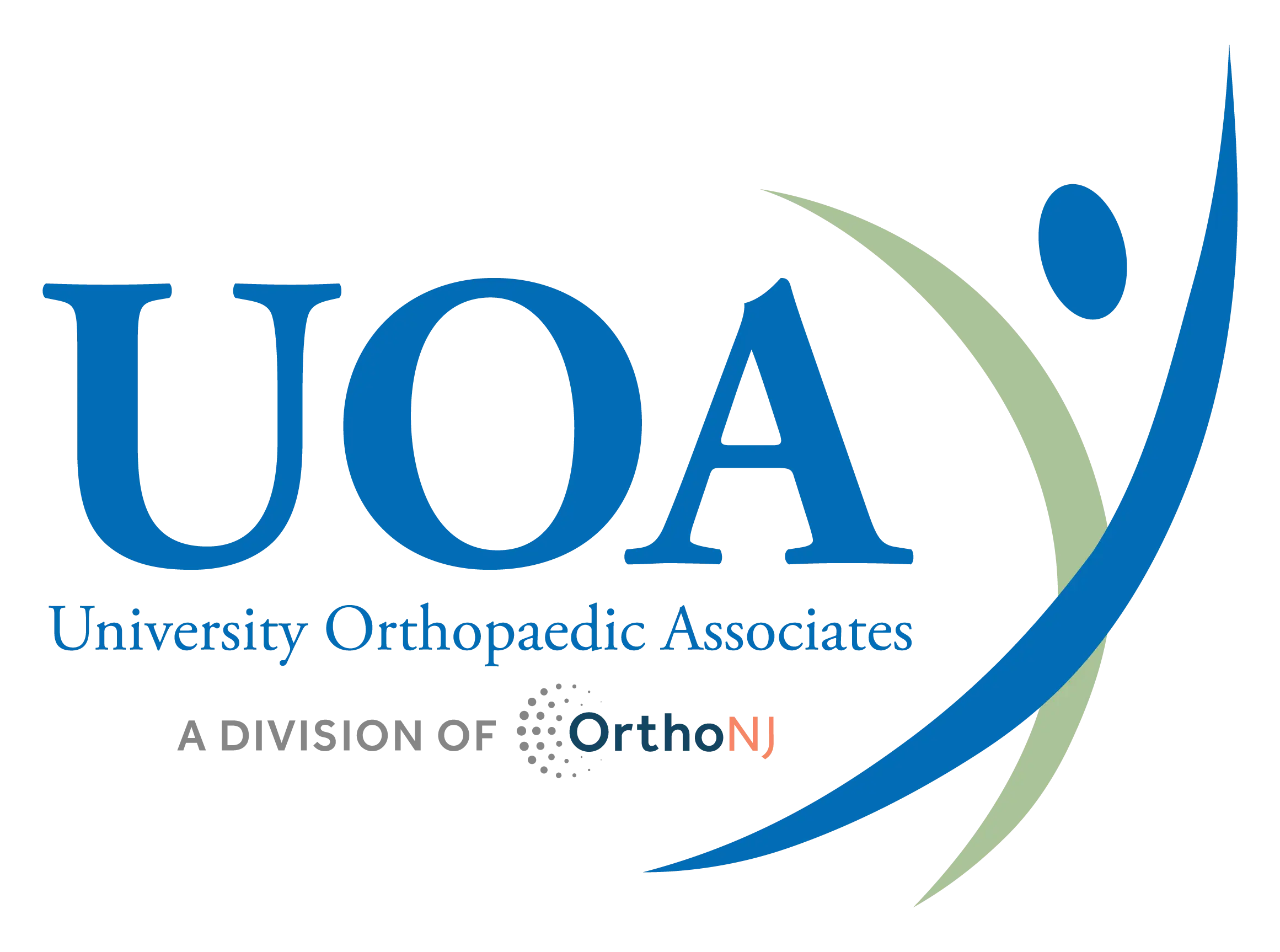If you suffer from back pain, you may have heard of radiofrequency ablation as a potential procedure that could provide relief. At University Orthopaedic Associates (UOA), interventional physiatrists and pain management specialists are committed to finding ways to help patients with arthritic back pain feel better before considering back surgery. Radiofrequency ablation is an important procedure that can help patients accomplish this mission.
If you are curious about radiofrequency ablation for back pain, read on for everything you need to know about this procedure.
What Is Radiofrequency Ablation for Back Pain?
Radiofrequency ablation is a technique that is used by interventional physiatry and pain management specialists to relieve back pain and discomfort. Radiofrequency ablation is a minimally invasive procedure that involves using heat to disrupt pain signals that are traveling from the spinal nerves to the brain.
What Conditions Can Benefit From Radiofrequency Ablation?
If you are experiencing chronic lower back pain, radiofrequency ablation may be a helpful way to get relief. Researchers have studied this procedure for its effects on many different types of low back pain, including pain stemming from the joints of the lower back and pain stemming from disc-related conditions, and they have found that it can have a positive impact on pain perception regardless of the source of the pain.
How Does Radiofrequency Ablation Work?
Radiofrequency ablation uses electrical currents to create heat in targeted areas of the body. This so-called “thermal energy” creates local tissue destruction of the nerves that confer pain signals to the brain, thereby providing relief from the sensation of pain. A number of types of radiofrequency ablation can be used, such as thermal radiofrequency ablation, cooled radiofrequency ablation and pulsed radiofrequency ablation.
How Is Radiofrequency Ablation Performed?
Radiofrequency ablation is performed by inserting a fine needle-like probe into the body. The correct placement of this probe is determined using an imaging device. Once a particular nerve is identified, heat is generated by releasing radiofrequency waves through the probe. This causes local cell death of the nerve tissue, which can help reduce the sensation of pain. Different from a nerve block, radiofrequency ablation does not inject a numbing medication into a target area. Because it destroys tissue, it may provide longer-lasting pain relief when compared to a nerve block.
Who Is a Candidate for Radiofrequency Ablation?
Radiofrequency ablation may be an option for you if other forms of therapy for chronic low back pain, such as massage, acupuncture or physical therapy, have not been effective. Physicians will first use a diagnostic block evaluation to determine if targeting your nerves will provide effective pain relief. If your back pain is stemming from your facet joints, a radiofrequency ablation procedure may be highly beneficial.
If you have an infection or a condition that increases your intracranial pressure, you may not be a candidate for the procedure. If you take blood thinners, it is very important to discuss this with your physician prior to the procedure.
What Are the Advantages of Radiofrequency Ablation for Back Pain?
Radiofrequency ablation has several advantages. First, it can significantly reduce pain. Beyond this, it is a minimally invasive and short procedure, usually taking 15 to 20 minutes. Afterward, it requires very little downtime. There is no requirement for general anesthesia—instead, physicians use a local anesthetic to maximize comfort during the procedure.
What Is Recovery Like After Radiofrequency Ablation?
After radiofrequency ablation, you can usually return to your typical routine within a day. It may take a few weeks for the full pain-relieving effects to take hold because the targeted nerve must heal. You may experience a bit of soreness around the area where the needle-like probe was inserted, as well as some mild bruising. However, these side effects are usually temporary.
When to See a Specialist to Discuss Radiofrequency Ablation
Back pain can severely affect your quality of life and day-to-day activities. If you have back pain or an orthopaedic injury, make sure to contact the interventional physiatry and pain management specialists at UOA to learn more about whether radiofrequency ablation may be right for you.




